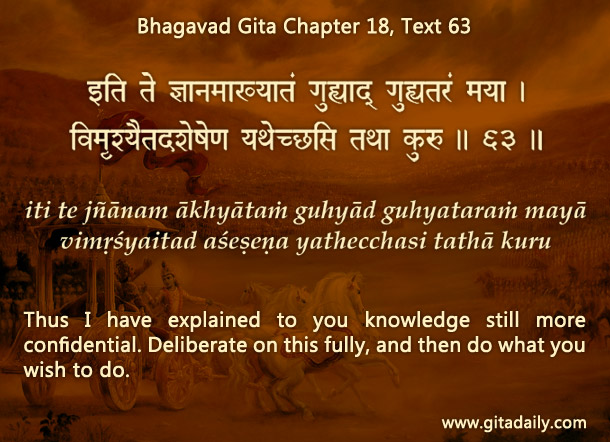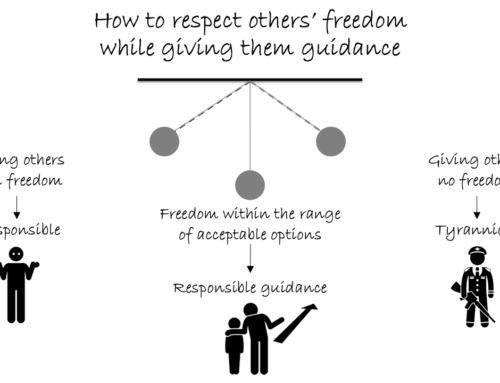Philosophical education teaches us how to think ideological indoctrination tells us what to think
We all speak, but that doesn’t mean we know how to speak effectively. Similarly, we all think, but that doesn’t mean we know how to think effectively.
To train us to think effectively, especially about life’s ultimate questions, philosophical education is essential. If we study time-honored works of philosophy, we can learn not just what those great philosophers thought, but also how they thought — how they reasoned their way to answers and how they built a coherent view of reality. Studying philosophy expands our thinking to take in reality in all its richness and complexity.
In contrast to philosophical education, ideological indoctrination tells us what to think. It reduces reality to a set of pre-defined truths and rejects as deceptive anything that doesn’t fit into that set.
Consider indoctrination in an influential ideology such as communism. While promising equality for all, communist propaganda deemed capitalism as the root of all evils. It depicted the successful as exploitative without considering their talent and commitment. Communism portrayed capitalists as embodiments of the devil, yet those who became indoctrinated with communist ideology turned out to be far worse; they ended up causing a hundred million deaths in less than a century — more than what any other ideology, religious or secular, has caused throughout history. The point here is not to condemn communism or to commend capitalism (capitalist indoctrination too has led to significant evil); the point is to highlight the horror of ideological indoctrination.
Steering clear of such indoctrination, the Bhagavad-gita exemplifies the ethos of encouraging and stimulating philosophical thinking. After outlining its view of reality, it concludes by urging us to deliberate its message and then decide what to do (18.63). This call to deliberate and decide, to not just tow the party line or swallow pat answers, can serve us all well as we grapple the many complex issues confronting humanity today.
Think it over:
- How can philosophy help us?
- How do philosophy and ideology differ in their approach to reality?
- How does the Gita stimulate philosophical thinking?
***
18.63 Thus I have explained to you knowledge still more confidential. Deliberate on this fully, and then do what you wish to do.
To know more about this verse, please click on the image
Explanation of article:
Podcast:



Leave A Comment